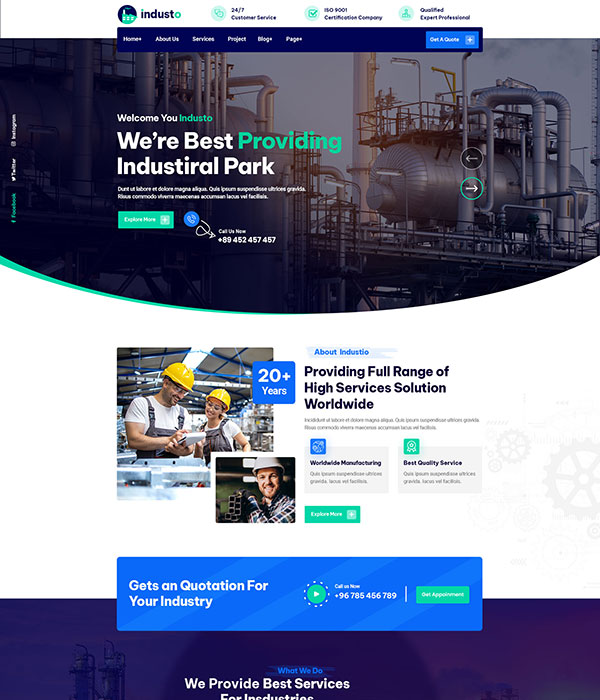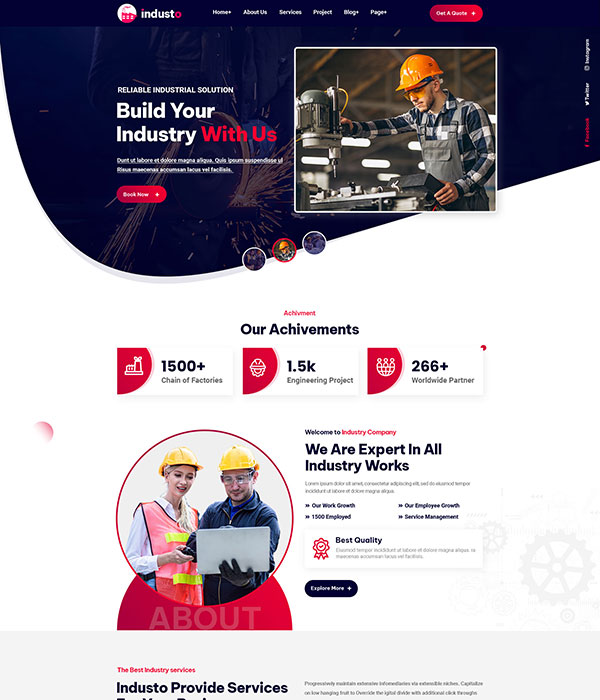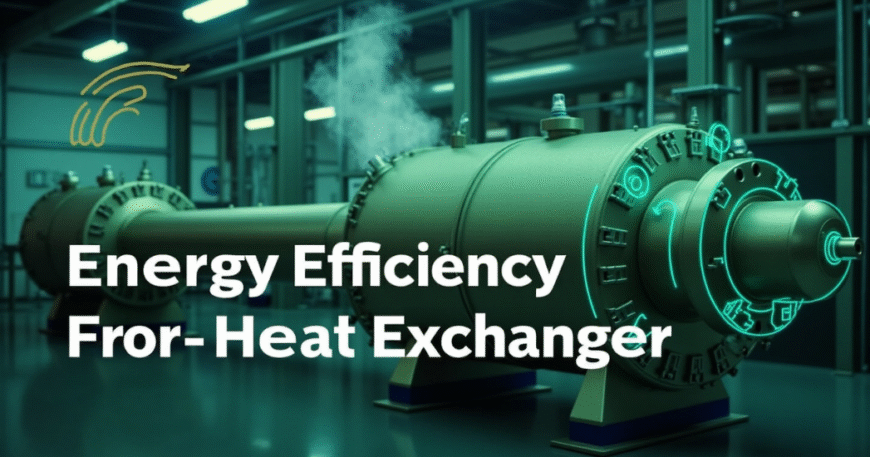In today’s energy-conscious world, industries are under increasing pressure to optimize energy usage, reduce operational costs, and minimize environmental impact. One of the most critical yet often overlooked components that help achieve these goals is the heat exchanger.
At The LUMINESCENCE, we specialize in designing and manufacturing high-performance thermal heat exchangers that play a vital role in improving energy efficiency across multiple sectors. In this blog, we’ll explore how heat exchangers contribute to sustainable industrial operations and why they’re indispensable in modern engineering.
🔧 What is a Heat Exchanger?
A heat exchanger is a device designed to efficiently transfer heat from one fluid (liquid or gas) to another, without mixing the two. It is commonly used in heating, cooling, power generation, chemical processing, wastewater treatment, and more.
Types of heat exchangers include:
Shell and Tube Heat Exchangers
Plate Heat Exchangers
Air Cooled Heat Exchangers
Double Pipe Heat Exchangers
Each type serves specific purposes depending on temperature range, pressure, flow rates, and space availability.
🌡️ How Heat Exchangers Enhance Energy Efficiency
1. Heat Recovery and Reuse
Heat exchangers allow industries to recover waste heat from exhaust gases or hot fluids and reuse it elsewhere in the process. This reduces the need for external energy sources, cutting down fuel consumption and electricity usage.
Example: In a chemical plant, waste heat from one reactor can preheat feedstock going into another system.
2. Reduced Fuel Costs
By improving heat transfer efficiency, these systems reduce the energy needed to achieve desired temperatures. This directly translates into lower fuel bills and operational savings over time.
3. Lower Carbon Emissions
When industries consume less energy, they also emit fewer greenhouse gases. Heat exchangers contribute significantly to emission reduction goals by decreasing fossil fuel dependency.
4. Improved Process Efficiency
A well-designed heat exchanger ensures optimal temperature control, which enhances product quality, system stability, and overall plant performance. This is especially important in industries like pharmaceuticals, food processing, and power generation.
🏭 Industries That Benefit Most
Heat exchangers are used across virtually all industrial sectors. The most prominent include:
Oil & Gas and Petrochemicals
Chemical & Fertilizer Plants
Power Plants & Energy Generation
Food & Beverage Processing
Pharmaceutical Manufacturing
Wastewater Treatment Facilities
🔍 Why Choose Custom-Engineered Heat Exchangers?
At The LUMINESCENCE, we provide custom-designed heat exchangers tailored to your operational needs and regulatory requirements. Our systems are built to:
Handle high pressures and temperatures
Resist corrosion and chemical damage
Meet ASME, TEMA, and other international codes
Ensure long life and minimal maintenance
With over 15 years of experience, we bring industry expertise, precision design, and proven reliability to every heat transfer solution we deliver.
✅ Final Thoughts
Incorporating efficient heat exchangers into your systems isn’t just a smart engineering decision — it’s a sustainable investment in the future of your operations. By reducing energy consumption, lowering costs, and improving productivity, heat exchangers play a crucial role in helping industries meet both economic and environmental goals.










